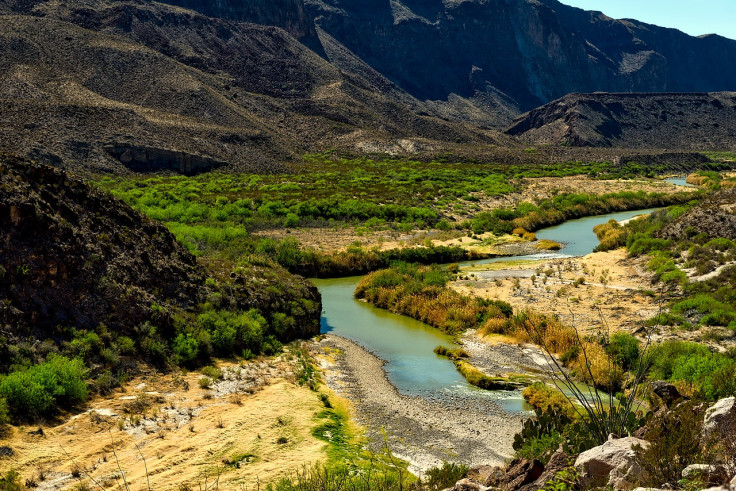
The United States and Mexico reached an agreement in mid-November aimed at improving the latter's water deliveries under a 1944 water treaty with the goal of providing South Texas farmers more consistent access to water after recent periods of extensive droughts in the area which have led to record-low water level in the Rio Grande.
Nevertheless, the economic risks from water supply shortages might just be getting started, as a new report by commissioned by the nonprofit Texas 2036 points at severe economic and social impacts if the state does not prioritize water infrastructure investments to address vulnerabilities exacerbated by droughts and infrastructure deterioration.
The study, led by the Center for Energy Studies at Rice University's Baker Institute, found that, by 2030, consequences could include annual GDP losses of up to $160 billion by, 800,000 jobs lost, and large-scale population migration if the state goes through a multi-year drought similar to the one that ravaged the state back in the 1950s.
The report also projects a water supply deficit of nearly 6.9 million acre-feet by 2070—enough to serve 20.7 million households annually—if current trends continue. It also estimates that deteriorating water and wastewater systems could contribute to nearly $320 billion in GDP losses over time, equivalent to the state's current two-year budget.
To prevent these scenarios, the report calls for $59 billion in new water supplies, $74 billion to repair water systems, and $21 billion to fix wastewater systems over the next 50 years. However, even with state and federal funding expected to provide $40-45 billion, a long-term funding gap of over $110 billion remains.
"This report underscores the high stakes behind the decision to invest in water infrastructure, with potential costs reaching billions annually if we delay," said Gabriel Collins, the researcher behind the study. "Yet, it also highlights a tremendous opportunity — by making smart, targeted investments today, Texas can secure its water future, safeguard its economy, and set a global standard for water resilience in the 21st century."
David Leebron, president and CEO of Texas 2036 echoed the need for urgency stressed by Collins:
"Water is not just a resource; it is the lifeblood of Texas' economy and communities. This report highlights the urgent need for strategic investments in our water infrastructure to safeguard our future. A secure and resilient water supply is essential to maintaining Texas' position as an economic powerhouse and ensuring that our cities, industries, and families thrive in the face of growing challenges and opportunities"
© 2024 Latin Times. All rights reserved. Do not reproduce without permission.








